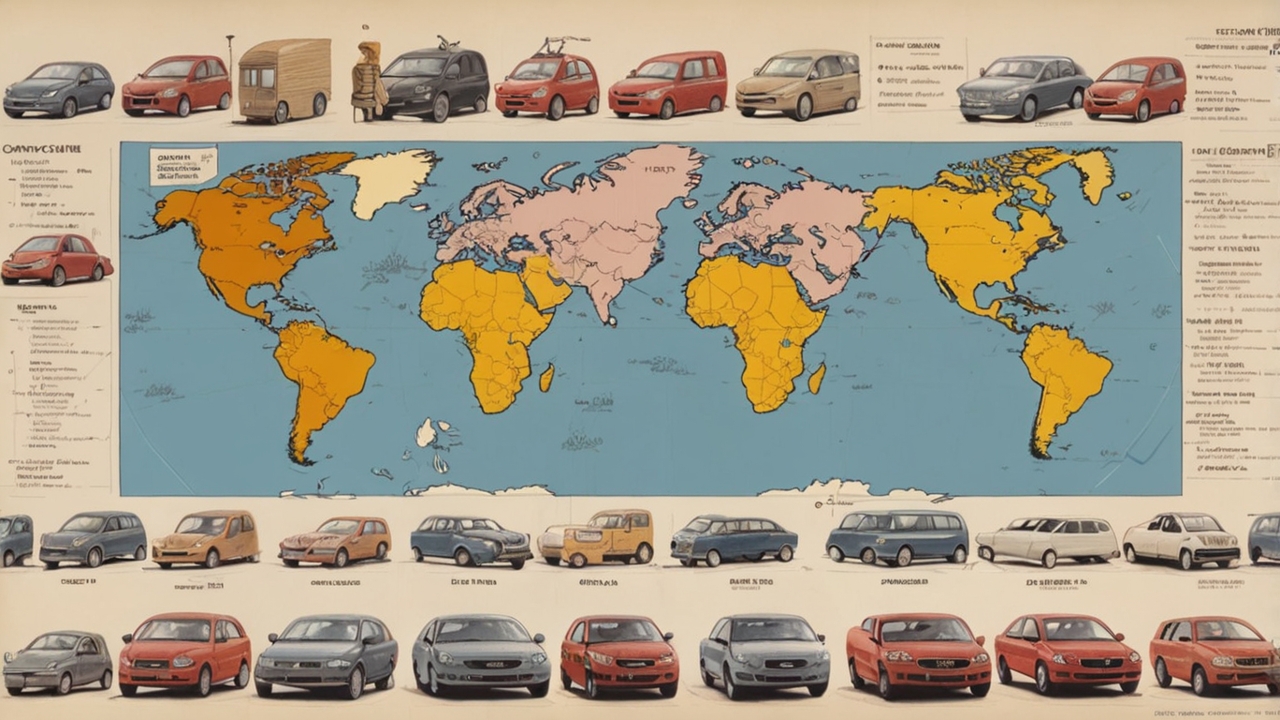Drunk Driving Penalties, A Comparative Look Globally
Bukemersanacokyakisir – Drunk driving is a global issue that cuts across cultures and borders. Every country faces the devastating impact of impaired driving, from road accidents to loss of lives. As a result, governments worldwide have established strict Drunk Driving Penalties to deter offenders. While the core problem is the same, the consequences vary greatly depending on geography, culture, and local legal systems.
“Read also: Over a Century After Creating Israel, the UK Finally Recognizes Palestine“
Strict Enforcement in Scandinavian Countries
Scandinavian nations such as Sweden and Norway are renowned for their zero-tolerance stance. Drunk Driving Penalties here are among the toughest in the world. Even a small trace of alcohol can result in heavy fines, imprisonment, or license suspension. Authorities believe that strong deterrents paired with cultural awareness campaigns reduce fatalities. The combination of strict law and societal responsibility helps keep their roads among the safest globally.
Harsh Punishments in Middle Eastern Nations
In Middle Eastern countries like Saudi Arabia and the UAE, Drunk Driving Penalties carry severe consequences. Since alcohol consumption itself is tightly restricted, driving under the influence can lead to imprisonment, public lashings, or deportation for foreigners. These harsh penalties reflect cultural and religious values, emphasizing total prohibition. The goal is not only deterrence but also maintaining social order.
Progressive Approaches in Western Europe
Western Europe blends punishment with rehabilitation. Countries such as Germany and France impose fines, temporary license suspensions, and mandatory educational programs. These Drunk Driving Penalties aim to correct behavior rather than simply punish. The belief is that long-term solutions lie in changing attitudes toward alcohol, combining accountability with second chances for offenders willing to reform.
The United States and State-by-State Variation
In the United States, Drunk Driving Penalties differ across states. Some states impose heavy fines, mandatory jail time, and ignition interlock devices. Others focus more on education and probation for first-time offenders. This variation reflects the country’s federal system, where states adapt penalties to local needs. However, repeat offenders face increasingly severe consequences nationwide, highlighting the seriousness of the crime.
Asia’s Diverse Legal Landscape
Asia demonstrates a wide range of responses. In Japan, even a small amount of alcohol leads to immediate license suspension and significant fines. Meanwhile, in India, penalties often include imprisonment and hefty fines, though enforcement varies. The diversity of Drunk Driving Penalties across Asia reflects the continent’s vast cultural and legal differences. Still, the common thread remains protecting lives on crowded roads.
Rehabilitation Programs and Education
Globally, many nations now pair penalties with education and rehabilitation. Instead of only focusing on punishment, these programs encourage offenders to understand the risks and change behavior. For example, mandatory alcohol education classes and therapy sessions have shown success in lowering repeat offenses. This trend highlights a shift toward long-term solutions, where reducing accidents is prioritized over filling prisons.
Why Global Comparisons Matter
Studying Drunk Driving Penalties worldwide provides valuable insight into what works and what does not. Some countries succeed through strict deterrents, while others find success in combining punishment with education. By learning from global examples, policymakers can craft more effective strategies. At its heart, every system seeks the same outcome: safer roads and fewer lives lost. The global fight against drunk driving proves that law, culture, and education must work hand in hand.



